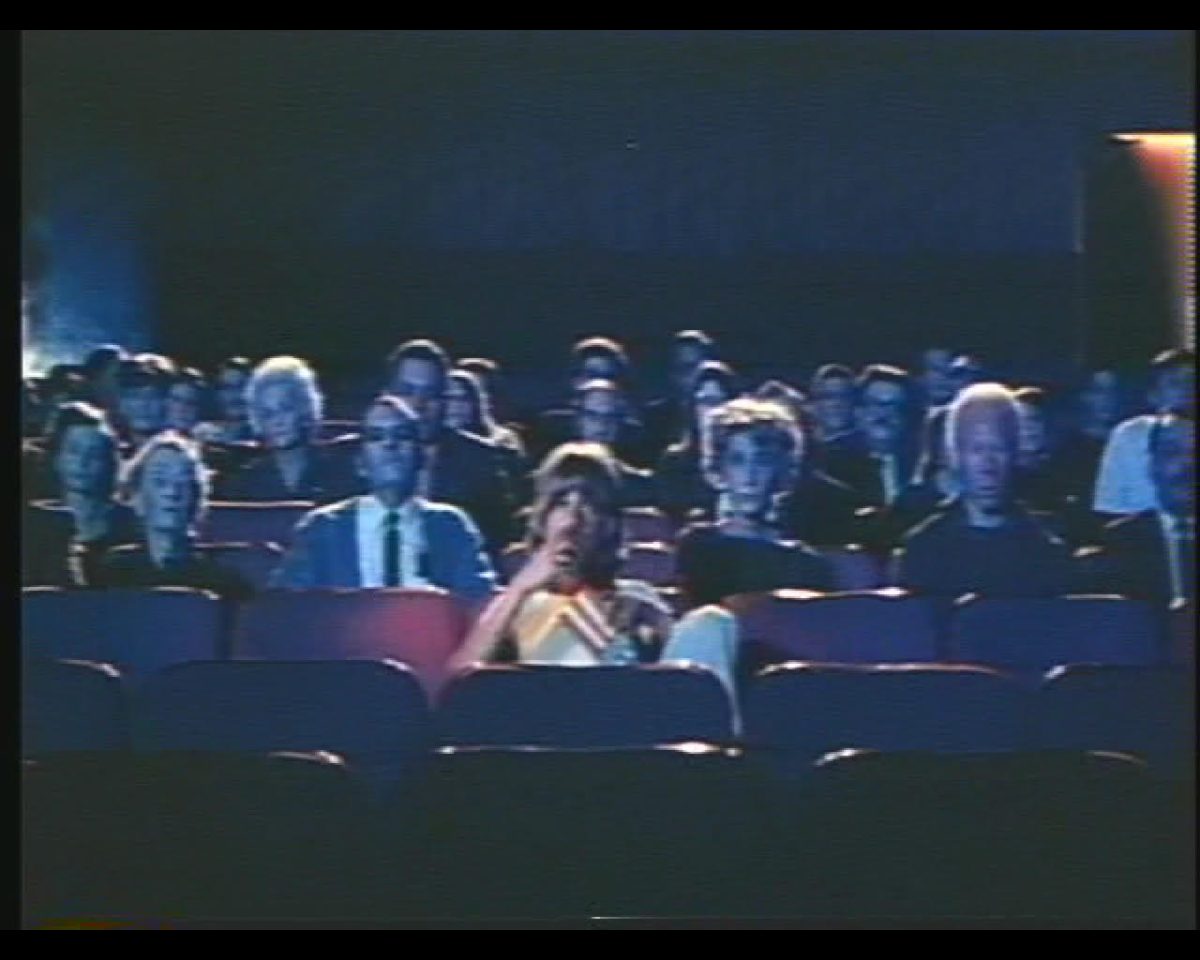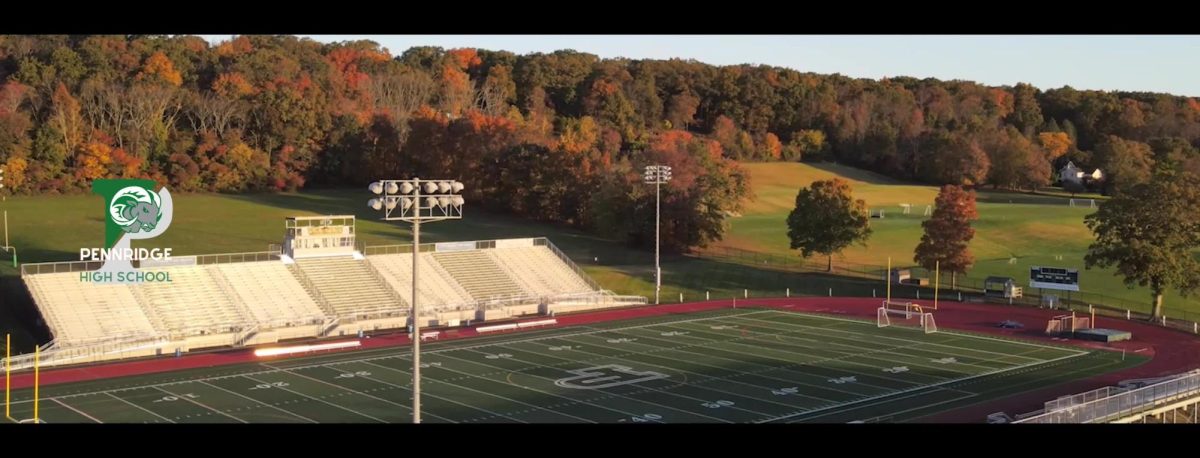In the twenty-first century, movies have had an increased role in classrooms. Teachers use movies to teach about different subjects like history, health, and English. Film-specific classes have also become more popular electives. Due to this increase in film use in school, many people, especially parents, have questioned whether or not movies can be educational and if they belong in the classroom.
Before showing students a film, schools must ensure that the movie correlates to the course it is being shown during. Legally, schools must get the permission of a parent or guardian at least five days before the movie is viewed in class. Teachers must be able to provide the film’s title, its relevance to the class, the date that the movie will be viewed, and what the movie is rated. A parent is allowed to restrict their child from watching any movie that is rated PG, PG-13, or R.
Hannah Godshall is the film production teacher at Pennridge High School and also teaches multiple English courses. Godshall believes that movies can be educational and that a visual representation can help students learn or understand a topic. In her World Literature course, Godshall likes to show the movie adaptations of books the class reads. Movies like “The Life of Pi”, “Romeo and Juliet”, and “The Great Gatsby” are some of the most shown movies in schools. Godshall said, “If I show something, it always relates to the context of the subject.” She thinks movies that tie the stories together thematically are beneficial for the learning environment. Godshall also loves the opportunity to teach a film production class. She thinks it is interesting and educational to dive into the behind-the-scenes of a film and explore how it conveys its themes, messages, and characters.
Robert Cousineau is a social studies teacher at Pennridge High School who teaches a course called History Through Film. In this course, Cousineau shows his students films based on real-life historical events like “Schindler’s List”, “Twelve Years a Slave”, and the “Chernobyl” mini-series. Those movies depict brutal events, and Cousineau believes seeing those events unfold in a movie might be more impactful and memorable for students. Along with those, he shows fictional movies that he believes do a good job of showing certain time periods, like “Saving Private Ryan” and “The Godfather”. A common question people have is whether or not movies help students learn better than more traditional ways. Cousineau said, “They can. It depends on the learner,” but he thinks there are definitely students who get more out of a visual representation.
Teachers seem to think that movies are useful when it comes to teaching. A common belief shared by supporters of movies in classrooms is that movies will stick with students more than textbooks or lectures. In this modern era, films are a practical resource that teachers have at their disposal, and it doesn’t seem like they are planning to stop using them anytime soon.
Sources:
https://www.uopeople.edu/blog/top-14-educational-movies-that-prove-education-can-change-the-world/
https://www.rottentomatoes.com/m/the_great_gatsby_2013#:~:text=Movie%20Info,%2C%20Tom%20(Joel%20Edgerton).
https://www.pps.net/cms/lib/OR01913224/Centricity/Domain/4814/3.30.039-AD.pdf


